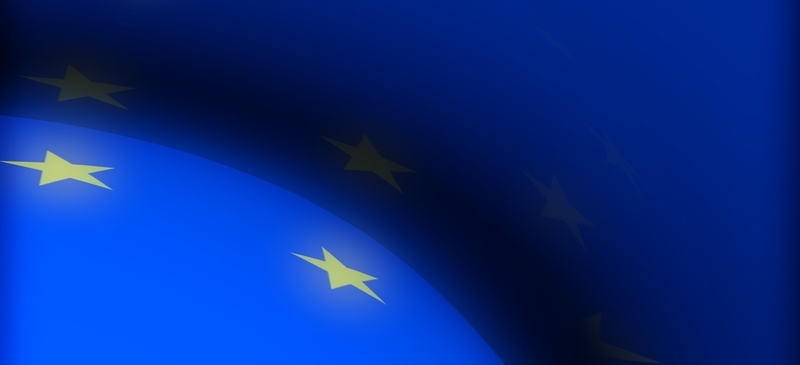
My state of the Union
President Barroso's team recently asked me to contribute to September's State of the EU speech at the European Parliament in Strasbourg. I thought the final product was rather good. Sadly, its main message – a purposely confrontational call for a 'federation of nation states' – was obscured on the day by the bigger news of the Dutch elections and a critical decision by the German constitutional court. Here were some of my ideas:
President Schulz, honourable members,
The ancient Greeks said "character is fate" and indeed these times are testing the very core of what we are. I believe that 2012 will be remembered as the year in which the EU finally turned the tide of the eurozone crisis. But we cannot under-estimate the scale of the challenge.
Most of Europe is in recession. There are nearly 18 million people out of work in the eurozone alone. And some in the markets who believe that the eurozone cannot survive unless we take actions which seem to belong to the realm of the politically impossible. I share their impatience, but not their analysis. Neither our currency nor our Union are to be despaired of.
We must be sceptical about apocalyptic thinking. Take the anxieties over the rise of the far-right in Europe, which various commentators insist is happening. Why then are parties from the political mainstream is being returned to power at election after election? Wherever you look, Europeans show no signs of abandoning democracy in favour of extremism. And they show no desire at all to abandon monetary union.
Similarly, people talk about an absence of leadership in Europe in this current crisis. Here, I also disagree. What other group of nations in the world could have achieved the steps towards economic integration which we have taken over the last few months? No single leader or personality can restore our currency and our economy to full health. Thank goodness we no longer live in a Europe of solitary strongmen, where all that counts is the balance of power.
We will not allow the lights of democracy, prosperity and social progress to go out in Europe. We believe in the rule of law abroad and we insist on it at home. We want to help shape a new world order because we want to see the triumph of the force of law, not the law of force.
Our doctrine is the Copenhagen criteria: well-functioning markets, the rule of law, democracy and respect for human rights. You have heard of the invisible hand of the market. But in Europe we also have the 'invisible shield': strong European institutions that protect fundamental rights and the rule of law. They are what keep our continent – to quote the French historian, Jules Michelet – "the least simple, but the most human and free in the world".
This is hardly the time for Euro-centric self-congratulation. But I was proud when EU countries – between them – won more medals than any other world region during the London 2012 Olympics. We have some of the best and ablest young people here in Europe, products of some of the most decent and eqalitarian societies. I want to congratulate our Olympians and thank them for reminding me how much we have yet to offer the world.
We are in the critical phase of negotiations over the EU's multi-annual budget. I ask the relevant players in these negotiations to realise that this is precisely the wrong moment for an ugly fight over a modest but important amount of money. It is also the worst possible time for a poverty of ambition over spending on European objectives. We support the work of the Cypriot presidency to bring the budget talks to a conclusion by the end of the year. We need that powerful political and economic signal to show our voters and a watching world that we are united around shared priorities. We have never needed it more.
This is the painful birth of a better Europe. If we persevere, we can bequeath another 30 glorious years to our societies, as in the post-war period. Let future historians say that these next few weeks were our great one hundred days. Let them say that this was the time that we charted a path – on banks, on finance, on fiscal discipline, on growth, and yes, on the budget – that secured the future of the European ideal. Who would not want to say that they played a constructive part in that? Because, in the words of Paul Henri-Spaak – whose name sits atop your own House in Brussels – "It is not too late; it is not too late. But it is time."
